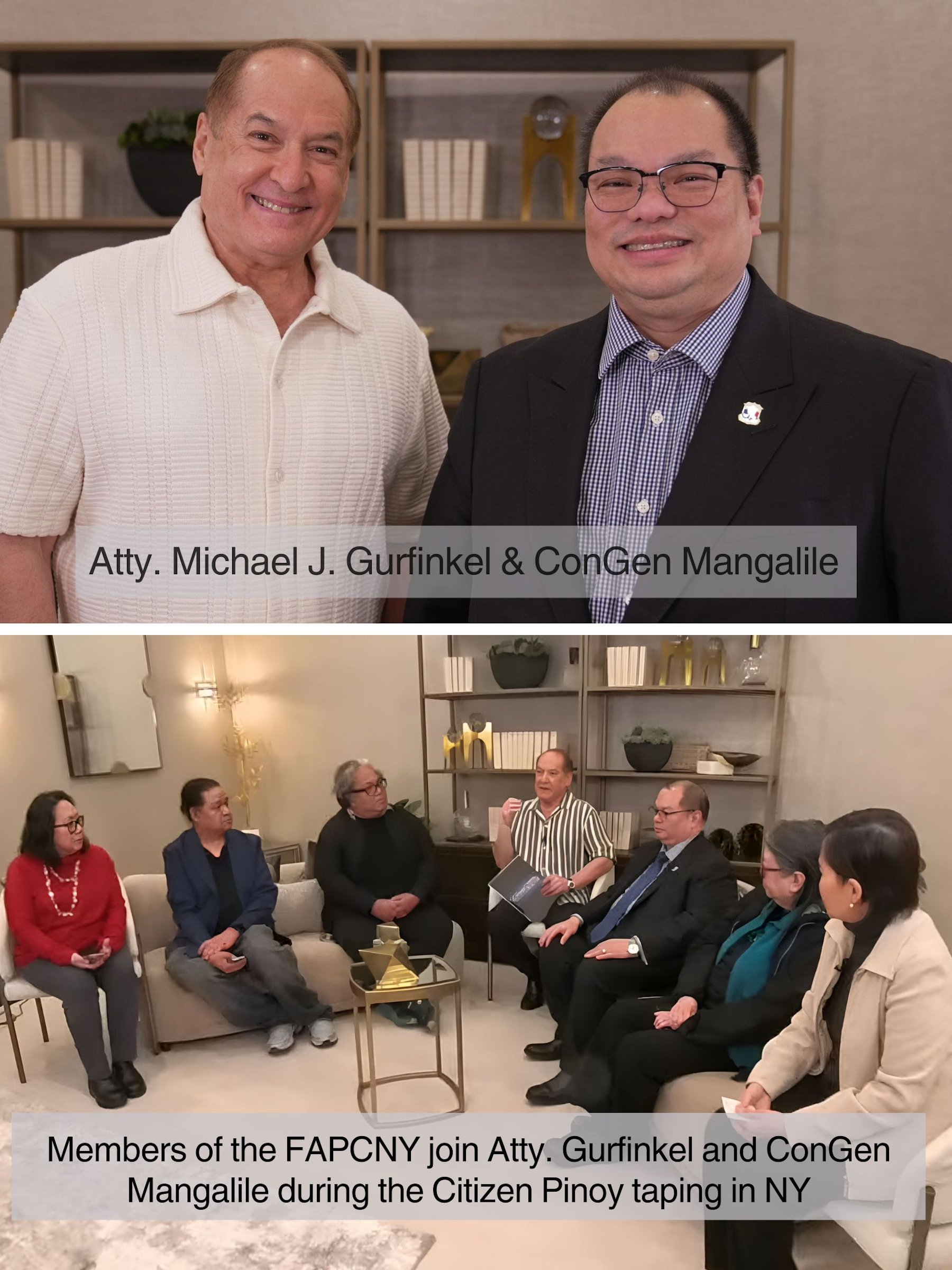QUESTION: I am a US citizen or lawful permanent resident in a same-sex marriage to a foreign national. Can I now sponsor my spouse for a family-based immigrant visa?
Answer: Yes, you can file the petition. You may file a Form I-130 (and any applicable accompanying application). Your eligibility to petition for your spouse, and your spouse’s admissibility as an immigrant at the immigration visa application or adjustment of status stage, will be determined according to applicable immigration law and will not be denied as a result of the same-sex nature of your marriage.
Question: I am a US citizen who is engaged to be married to a foreign national of the same sex. Can I file a fiancé or fiancée petition for him or her?
Answer: You may file a Form I-129F. As long as all other immigration requirements are met, a same-sex engagement may allow your fiancé to enter the United States for marriage.
Question: My spouse and I were married in a US state or a foreign country that recognizes same-sex marriage, but we live in a state that does not. Can I file an immigrant visa petition for my spouse?
Answer: As a general matter, the law of the place where the marriage was celebrated determines whether the marriage is legally valid for immigration purposes. Just as USCIS applies all relevant laws to determine the validity of an opposite-sex marriage, we will apply all relevant laws to determine the validity of a same-sex marriage.
Question: Do I have to wait until USCIS issues new regulations, guidance or forms to apply for benefits based upon the Supreme Court decision in Windsor?
Answer: No. You may apply right away for benefits for which you believe you are eligible.
Question: My Form I-130, or other petition or application, was previously denied solely because of DOMA. What should I do?
Answer: USCIS will reopen those petitions or applications that were denied solely because of DOMA section 3. If such a case is known to us or brought to our attention, USCIS will reconsider its prior decision, as well as reopen associated applications to the extent they were also denied as a result of the denial of the Form I-130 (such as concurrently filed Forms I-485). USCIS will make a concerted effort to identify denials of I-130 petitions that occurred on the basis of DOMA section 3 after February 23, 2011. USCIS will also make a concerted effort to notify you (the petitioner), at your last known address, of the reopening and request updated information in support of your petition. To alert USCIS of an I-130 petition that you believe falls within this category, USCIS recommends that you send an e-mail from an account that can receive replies to USCIS at [email protected] stating that you have a pending petition. USCIS will reply to that message with follow-up questions as necessary to update your petition for processing.
Question: What about immigration benefits other than for immediate relatives, family preference immigrants, and fiancés or fiancées? In cases where the immigration laws condition the benefit on the existence of a “marriage” or on one’s status as a “spouse,” will same-sex marriages qualify as marriages for purposes of these benefits?
Answer: Yes. Under the US immigration laws, eligibility for a wide range of benefits depends on the meanings of the terms “marriage” or “spouse.” Examples include (but are not limited to) an alien who seeks to qualify as a spouse accompanying or following to join a family-sponsored immigrant, an employment-based immigrant, certain subcategories of nonimmigrants, or an alien who has been granted refugee status or asylum. In all of these cases, a same-sex marriage will be treated exactly the same as an opposite-sex marriage.
Question: If I am seeking admission under a program that requires me to be a “child,” a “son or daughter,” a “parent,” or a “brother or sister” of a US citizen or of a lawful permanent resident, could a same-sex marriage affect my eligibility?
Answer: There are some situations in which either the individual’s own marriage, or that of his or her parents, can affect whether the individual will qualify as a “child,” a “son or daughter,” a “parent,” or a “brother or sister” of a US citizen or of a lawful permanent resident. In these cases, same-sex marriages will be treated exactly the same as opposite sex marriages.
Question: Can same-sex marriages, like opposite-sex marriages, reduce the residence period required for naturalization?
Answer: Yes. As a general matter, naturalization requires five years of residence in the United States following admission as a lawful permanent resident. But, according to the immigration laws, naturalization is available after a required residence period of three years, if during that three year period you have been living in “marital union” with a US citizen “spouse” and your spouse has been a United States citizen. For this purpose, same-sex marriages will be treated exactly the same as opposite-sex marriages. Inadmissibility Waivers Q9. I know that the immigration laws allow discretionary waivers of certain inadmissibility grounds under certain circumstances. For some of those waivers, the person has to be the “spouse” or other family member of a US citizen or of a lawful permanent resident.
Question: In cases where the required family relationship depends on whether the individual or the individual’s parents meet the definition of “spouse,” will same-sex marriages count for that purpose?
Answer: Yes. Whenever the immigration laws condition eligibility for a waiver.
* * *
Brian D. Lerner is a Bankruptcy Attorney. He is admitted to the California Supreme Court. This firm handles bankruptcy cases in California. This firm will prepare Chapter 7 and 13 cases. Additionally, we can help with the Loan Modification process. We will fight in Bankruptcy Court for your rights. An appointment can be made by calling (866) 495-0554 or (562) 495-0554. The Firm website is www.ebankruptcyatty.com.






